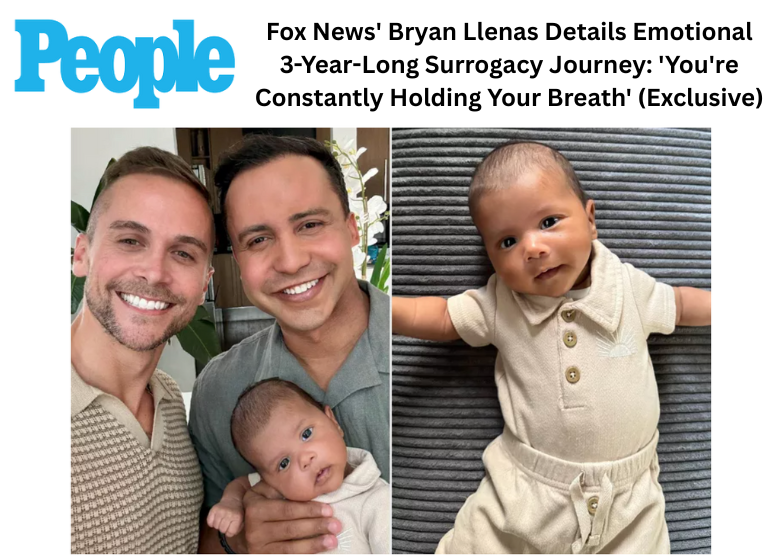Egg donation is a remarkable and compassionate act that has the power to transform lives, yet it remains shrouded in a cloud of misconceptions. Whether due to the portrayal of egg donation in popular culture, lack of information, or simply the fear of the unknown, myths surrounding this altruistic endeavor persist. It’s time to shed light on the subject and dispel these misunderstandings.
In this blog post, we will dive into the world of egg donation, separating fact from fiction, and addressing some of the most common myths associated with it. By doing so, we aim to provide prospective egg donors, recipients, and the curious with accurate information that will empower them to make informed decisions and engage in open conversations about this life-changing process. From concerns about safety and age restrictions to emotional challenges and more, let’s unravel the truth behind the egg donation myths that often cloud the path to creating new life and fulfilling dreams.
Myth: Egg Donation is Unsafe
One of the most persistent myths surrounding egg donation is the belief that it is an unsafe or risky process. However, in reality, egg donation is a highly regulated and closely monitored medical procedure, ensuring the safety and well-being of both donors and recipients. Additionally, the team at Family Formers is here for you throughout the entire process to ensure your safety.
Debunking the Myth:
1. Rigorous Screening: Egg donors undergo extensive medical and psychological evaluations to ensure that they are in good health and suitable candidates for the process. This screening process is designed to identify any potential risks or contraindications, ensuring that only those who are physically and mentally fit participate.
2. Expert Medical Care: Throughout the egg donation process, donors receive medical care and supervision from experienced healthcare professionals. This includes close monitoring during the ovarian stimulation phase to prevent complications and regular check-ups to track progress.
3. Safe Medications: The medications used for ovarian stimulation have been widely used and studied for decades, with well-documented safety profiles. The dosages and administration are carefully controlled to minimize any potential risks.
4. Minimized Health Risks: Donors’ health is a top priority, and their safety is non-negotiable. If at any point during the process a donor’s health is at risk, the cycle may be canceled to prevent harm.
Myth: Egg Donation is Only for Young Women
Another common misconception about egg donation is that it is exclusively reserved for young women. This myth may discourage older women from considering egg donation as an option and limit the opportunities for those who are looking to become egg donors.
Debunking the Myth:
1. Age Requirements Vary: While some egg donation programs may have age limits for donors, the idea that only young women can participate is far from the truth. Within our program at Family Formers, we consider donors up to the age of 32.
2. Individual Health Matters: Age is just one factor that fertility clinics consider when assessing potential egg donors. A woman’s overall health and fertility are crucial in the selection process. Older women who are in good health and have healthy eggs can still be viable candidates for egg donation.
Myth: Egg Donation Leads to Infertility
One of the most persistent myths about egg donation is the fear that it may lead to infertility or cause long-term reproductive issues for the donor. This myth can create unnecessary anxiety and discourage individuals from considering egg donation.
Debunking the Myth:
1. Temporary Process: Egg donation is a temporary process that does not lead to infertility. Donors go through a controlled and monitored cycle of ovarian stimulation to produce eggs. Once the eggs are retrieved, the donor’s body typically returns to its natural cycle within a short period of time.
2. Prioritizing Donor Safety: Your health is of the utmost importance to us, and Family Formers will never do or risk anything that would jeopardize it. Additionally, medical professionals will prioritize the health and safety of egg donors throughout the process. The medications and protocols used are designed to minimize risks and complications. If a donor’s health or well-being is at risk, the cycle will be canceled to prevent any potential harm.
3. Long-term Fertility: Studies and medical evidence indicate that egg donation does not have an impact on a donor’s long-term fertility. Donors can go on to have healthy pregnancies and children of their own when they decide the time is right.
Myth: Egg Donors are Driven by Financial Gain
A common misconception regarding egg donation is the belief that donors are primarily motivated by financial gain. While egg donors do receive compensation for their contributions, the decision to become a donor is driven by a variety of factors, with financial compensation being just one aspect.
Debunking the Myth:
1. Complex Decision-Making: Becoming an egg donor is a multifaceted decision that involves careful consideration of the physical and emotional aspects of the process. The compensation is merely a part of the overall package and not the sole motivator.
2. Empathy and Compassion: Egg donors are often motivated by a strong desire to help others build a family. Many donors are empathetic and compassionate individuals who want to make a positive impact on the lives of those struggling with fertility.
Egg donation is a remarkable act of compassion that allows individuals to play a vital role in helping others achieve their dreams of building a family. Yet, this selfless act has been plagued by persistent myths that can deter potential donors and recipients, hindering the possibilities for new beginnings. In this blog post, we’ve endeavored to dispel these myths and shed light on the truth behind egg donation.
We’ve shown that egg donation is a safe, regulated, and monitored process, with the health and well-being of donors and recipients at its core. We’ve highlighted how age should not be a barrier for prospective donors and how the fear of infertility is largely unfounded. We’ve also debunked the notion that financial gain is the sole motivator for egg donors, emphasizing the compassionate and altruistic reasons that drive them.
As we bring this discussion to a close, it’s important to recognize that egg donation is an invaluable gift that can change lives forever. By confronting these myths head-on, we aim to provide a clearer and more accurate picture of the egg donation process, encouraging informed decisions and fostering open, empathetic conversations.
Next Steps:
1. Share This Information: Spread awareness by sharing this blog post with your friends, family, and on social media platforms. The more people are informed, the more we can dispel these myths.
2. Seek Further Information: If you or someone you know is considering egg donation, give us a call today. We are happy to answer any questions you may have.
3. Join the Conversation: Engage in discussions about egg donation and fertility to promote empathy, understanding, and support for those who are embarking on this journey.
4. Share Your Experience: If you have personal experience with egg donation, consider sharing your story to help others better comprehend the process and its impact.
Let’s work together to foster a more informed and compassionate approach to egg donation, where myths give way to understanding and the hope of building families becomes a reality for many.





